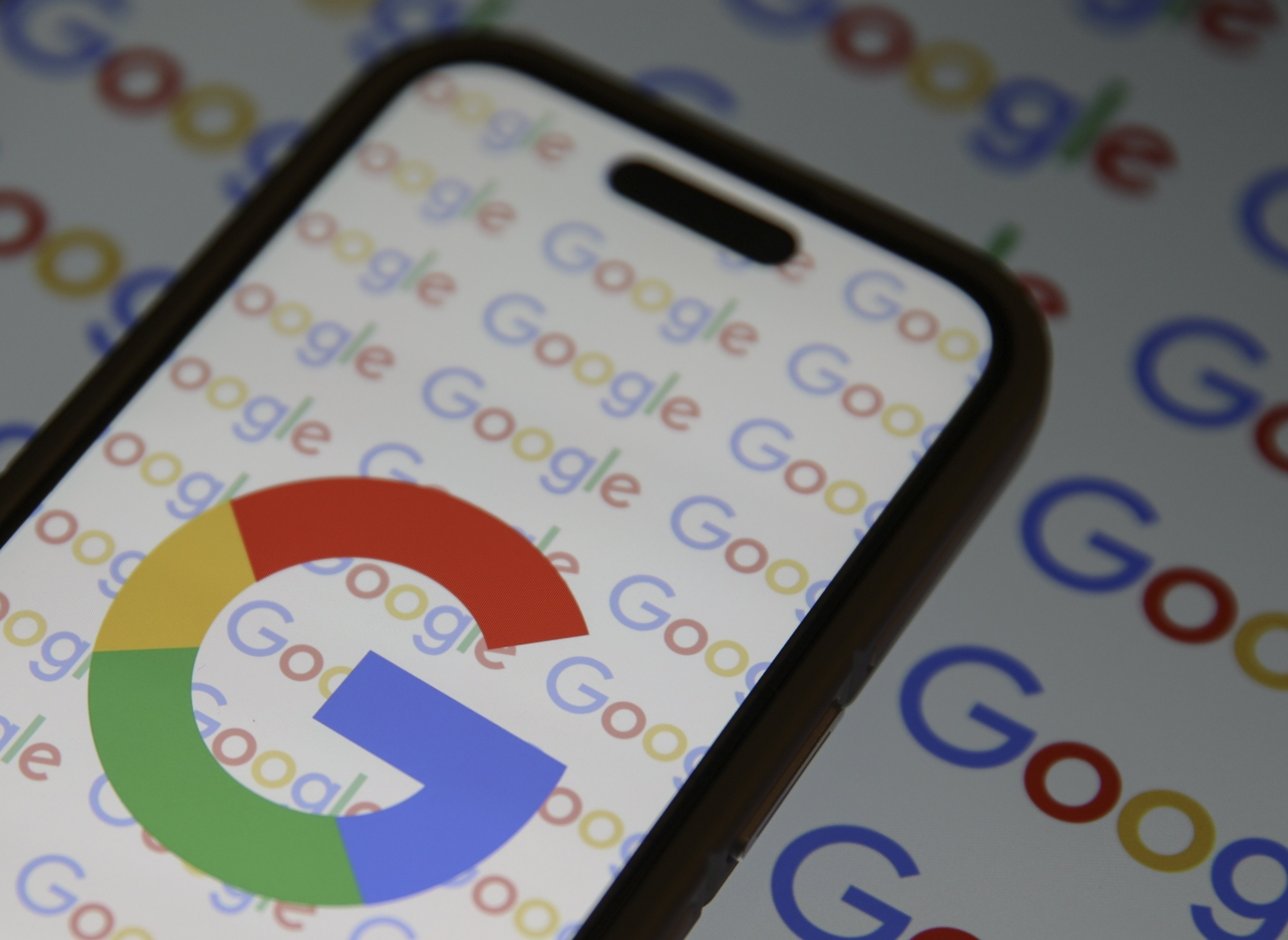Google (GOOGL +0.02%) (GOOG 0.18%) recently held Google I/O, its annual developer-focused conference, in San Francisco. During the conference, the search engine giant unveiled its ambitious plans for Android. Simply put, Google is not happy with Android being the most popular mobile operating system. It wants Android to be everywhere: in your TV, your tablet, your watch, and even in your car.
Google's plans for Android are motivated by the high-growth prospects of the emerging industry of wearables. This market could reach $19 billion by 2018, according to a Juniper report. However, Google's attempt to conquer the wearables industry is likely going to increase the rivalry against Samsung (NASDAQOTH: SSNLF), which is interested in developing its own operating system in order to reduce its dependence on Android. How exactly does Google plan to bring Android everywhere?

Google needs growth drivers for Android
With nearly 80% of the global smartphone market under control, Google needs Android to go beyond smartphones if it wants to continue growing at a similar rate as the past five years. Wearables could help the search engine continue growing, as this industry is now entering a rapid growth phase. According to Credit Suisse, wearable tech could grow from roughly $3 to $5 billion today, to $50 billion within five years.
Android Wear
To conquer the wearables industry, Google is preparing amazing product releases, all of them based on Android. One example is Android Wear, Google's new platform for wearable devices. The system will integrate Google Now -- an intelligent personal assistance -- and mobile notifications into a smartwatch form factor.
On June 25, the search engine giant released the first Android Wear devices: the LG G Watch and Samsung Gear Live. The search engine giant also made available a software development kit, which allows developers to integrate Android Wear with their own devices and apps. It also released a dedicated section for Android Wear in the Google Play store. These events suggest Google is serious about making Android Wear the de facto operating system of choice in the wearables industry.
Amazing pipeline
Android Wear is just one component of Google's Android Everywhere strategy. The company also showed a preview of Android Auto, a system that will allow mobile devices running Android to be operated in automobiles through the dashboard's head unit. Android Auto will provide drivers with control over GPS mapping, music playback, SMS, web search, and online radio stations.
The company also released Android TV, which will provide users with an interactive television experience by overlaying a 10-foot user interface on top of existing television programming. Users will have access to the Google Play Store to download Android apps, including media streaming service such as Netflix. The search engine has already established partnerships with key TV manufacturers that will take care of the hardware. For example, by 2014, all smart TVs made by Sony are expected to run on Android TV.
Fierce competition in the making
The new Android products look set to compete against Apple, Amazon, and Samsung. To prepare for this, Samsung is gradually putting more strength on Tizen, an open-source operating system developed together with Intel. The Korean giant currently manufactures its own smartwatch using Tizen. In early June, the company also launched Samsung Z, the world's first commercial smartphone to run on Tizen.
Tizen is clearly a counterstrike against Google. With Android, Samsung is literally handing its customers' money over Google, which has monetized Android through ads and apps sales. The wearables industry offers a new opportunity for Samsung to promote its own operating system.
Final Foolish takeaway
Google is preparing to conquer the wearables industry by developing various Android versions. This move is very strategic, as the wearables industry is expected to grow massively within the next five years. More importantly, this could be an extra growth driver for Google, which already dominates the smartphone world.







